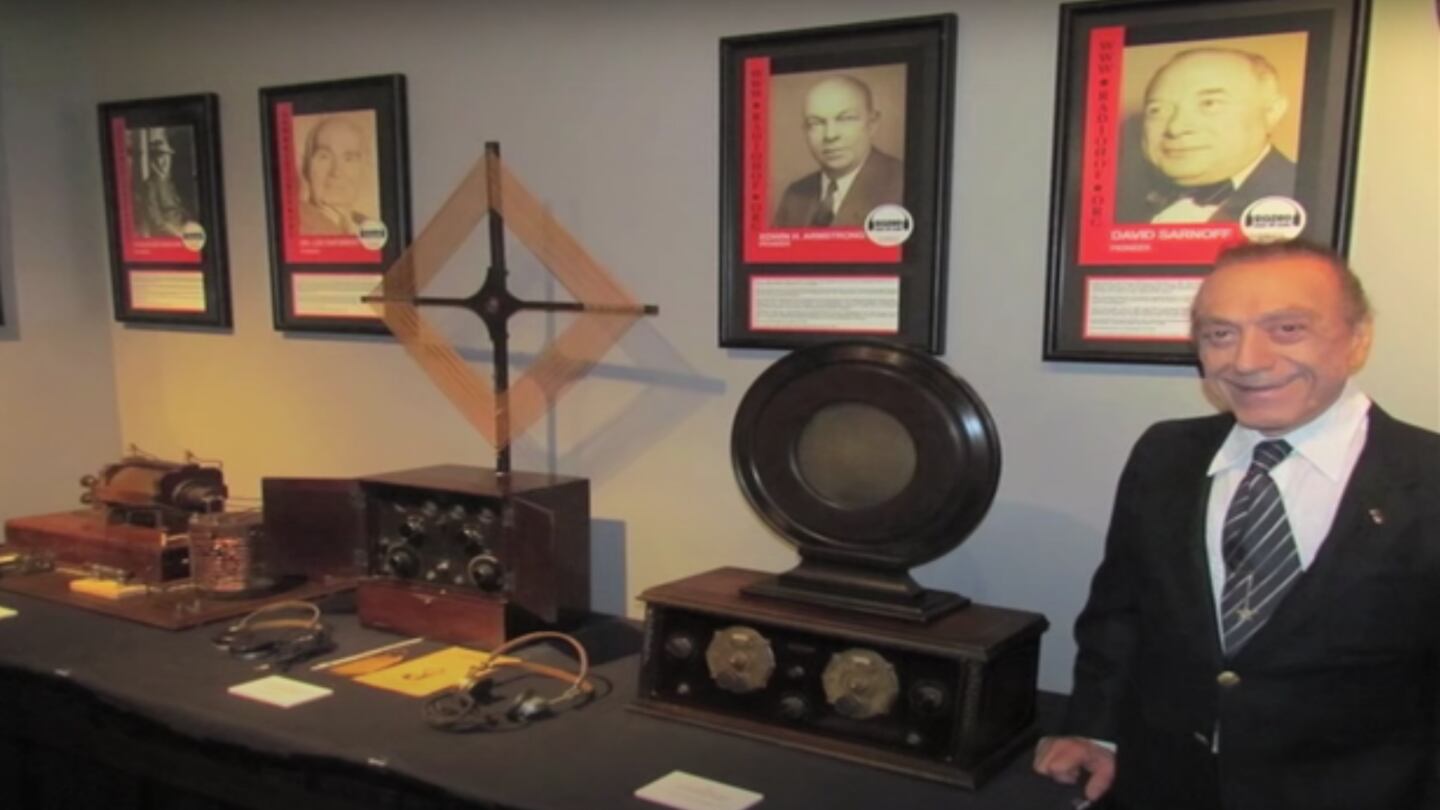The L.A. radio community lost one of its icons a few days ago with the passing DJ Art Laboe. As one of the first radio DJs to play Black music in California, Laboe played a pivotal part in introducing his audience to a new style of music.
Mia Thompson has more on his passing and his legacy.
Art Laboe, the man who brought rock ‘n’ roll and r&b to Southern California and coined the term, ‘Oldies but goodies,’ passed away October 7th at the age of 97. An esteemed radio host throughout the mid 20th century, Laboe has spent the past several decades airing song dedications and advocating for diversity in national radio.
LABOE: “I was a radio engineer when I started. I had a first class radio, telephone and telegraph license, amateur radio all when I was 18. I’ve been on the radio since 1943 and I believe that tallies up to about 71 years.”
Laboe was a pioneer in the field. He was the first radio host to connect directly with his audience through on-air song dedications, which revolutionized radio and left a lasting legacy.
Annenberg professor of professional practice and director for the specialized journalism masters in the arts, Oscar Garza, believes that Laboe was an influential force in the industry.
GARZA: “He tended to dig deep and finding not obscure but lesser known songs, oftentimes by by artists. Definitely the space that he carved out in Los Angeles radio for decades and decades is singular. No one did anything like him. I’m not sure that anybody will.”
Throughout his career and especially during the 1950s and 60s, Laboe fought against racial discrimination against Black and Latino Americans in the radio industry and brought rock and roll and r&b to the West Coast.
GARZA: “Think probably before it was as widespread in journalism circles. He was pointing out the diversity of this of this city. You couldn’t listen to his show and not be aware of that.”
He was one of the first and only members of the press to interview Elvis Presley, but acknowledged the influence of blues.
LABOE: “Sometimes people dig up a song or record that goes way back, you know, Willie Mae Thornton or something like that, and I’ll play the original “Hound Dog.” When Elvis came out with “Hound Dog,” most people didn’t know that Willie Mae Thornton did the original “Hound Dog.” As you know, most rock and roll in the beginning were done by Black artists.
Garza believes that one of Laboe’s talents was how he could understand and gage the interests of the Southern California community and the impact he had on his work in journalism.
GARZA: “I grew up in Texas and after I moved here learning my way around town, learning who’s who and what’s what, you know. Very quickly, Art Laboe came into my consciousness, and just because of his presence here and it was. It was just somebody who was so dedicated to keeping this music alive and keeping it vital and understanding really on his part what it meant to people. He’d been doing it for so long that he had an insight that no one else had into, you know, the connection that people had to this music going back to the fifties and sixties when he was starting out.”
Laboe “died peacefully in his home” in Palm Springs, California after a case of pneumonia according to Laboe’s family via Facebook. There will be Art Laboe dedications on the LDAY, KCOP, and KQIE stations according to his family.
